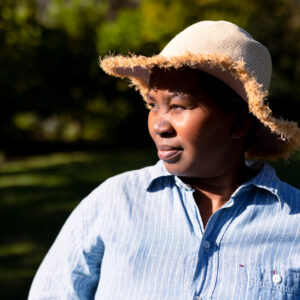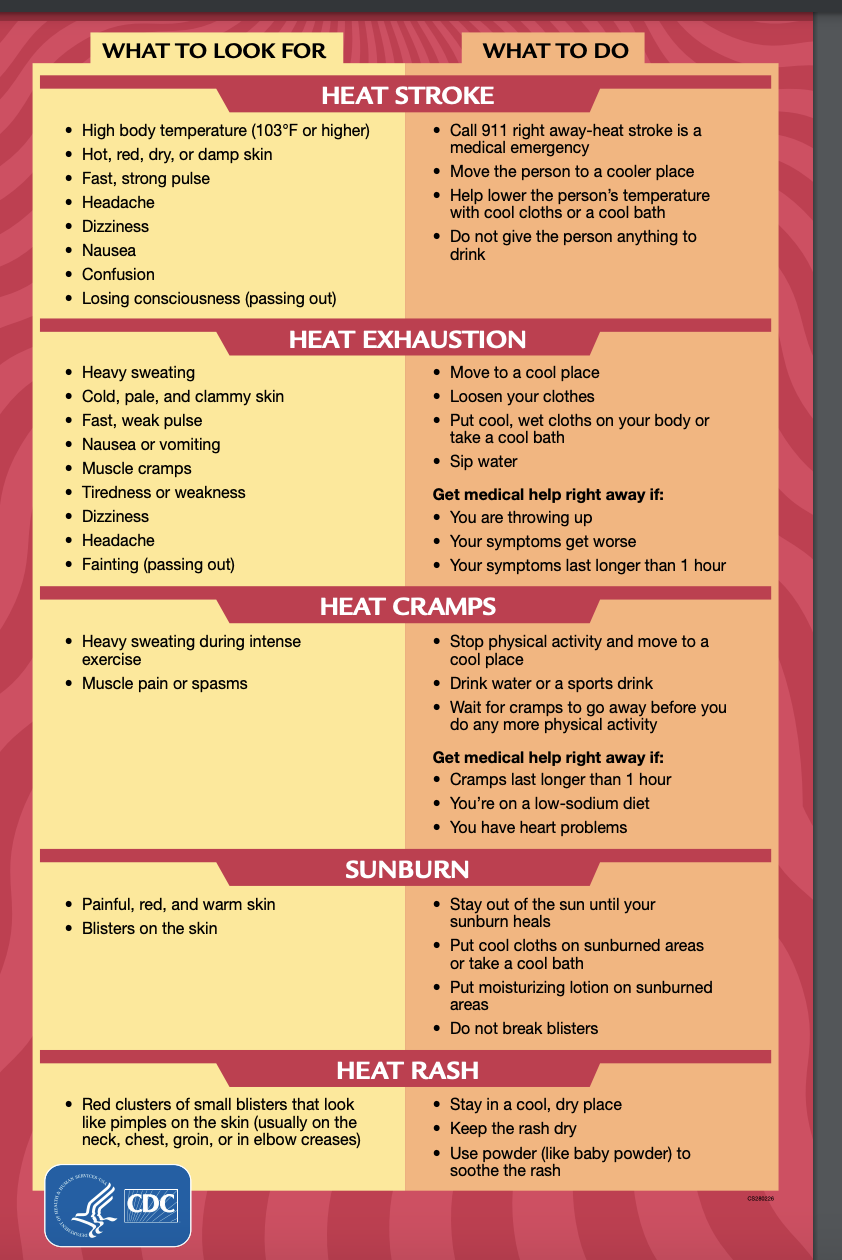Heat Of The Moment: We’re All At Risk With Extreme Heat

Heat Of The Moment: We’re All At Risk With Extreme Heat
July 12, 2023
We were worried back in May when we alerted you to the dangers of excessive heat on your health. Now that we’re in the midst of what may be the hottest year on record, it’s time to take seriously the damage that can happen to you (not to mention your pets, your home, and your communities) as our temperatures rise to ever-record-breaking levels. July 3rd and 4th were the unofficial hottest days ever recorded on Earth. And it appears that those records may soon be shattered as we are in for more days of extreme heat as the summer progresses. According to a recent article in Vox, “Extreme heat might not be seen as dramatic as hurricanes or floods, but the National Weather Service has deemed it the deadliest weather phenomenon in the US over the past 30 years on average.” And we may be at just the beginning of a new era of extreme heat events throughout the country. A heat wave is usually considered 6 days of extremely high temperatures (and what counts as extremely high depends on where you live- what’s high for Phoenix will be different than what’s extremely high for Maine) but there’s also the humidity to factor in, which gets in the way of our body’s natural cooling system of sweat. This summer, the heat is expected to send 235,000 people to the ER, accounting for more than 56,000 hospitalizations, and costing the US economy more than $1 billion. Those of us with more limited incomes or less access to cooling resources will likely shoulder the bulk of this heat-afflicted damage.
Older adults, and those who suffer from chronic illnesses such as heart or kidney disease, are at particular risk. As a recent article in The New York Times on the heat threats faced by older adults made clear, most deaths associated with the heat occur among homebound elderly, especially those who lack air conditioning or the ability to get themselves to a cooling center. As we get older, we are less able to regulate the heat in our bodies (thermoregulation) and we are less able to produce sweat and cool ourselves off. As we’ve previously written, older adults often are unaware they are dehydrated (another problem with heat illness) and they may not realize they are overheated – in fact, because of suffering from the heat, your judgment may be distorted and you may not even realize how overheated you’ve become. There’s a new study that is looking at the human heat limit, suggesting that once the temperature hits between 104-122 degrees (temperatures reached daily now in many parts of the country), your body begins to slow down and no longer functions optimally.
While we’ve previously taken you through the various stages of heat illness (which can range from heat cramps to heat exhaustion to heat stroke, the most serious and deadly), it’s critical to understand the various stages. Take a look at the chart produced by the CDC on the stages of heat illness and their various symptoms, so that you can act quickly and accordingly for yourself or a loved one when the heat rises:

To be clear, you want to try to avoid heat stroke at all costs: The mortality rate for a heat stroke hovers around 50% and even those who survive may be left with long-term neurologic or cognitive damage.
So how can you avoid the ravages of this summer’s heat? If you haven’t already, you need to make a personal heat plan: Make sure you’re tapped into local heat alerts (you can go to the National Weather Service for heat alerts), have a cooling plan for where to go when temperatures rise, especially if you lack air conditioning (most localities have local cooling centers), make sure you continue to be well-hydrated with water (recommendations are for a cup of water every 90 minutes while you’re awake), among other steps. There are also plenty of steps to keep the temperature lower in your home (blocking the sun, wearing cool fabrics, caulking, and weather strips to keep out the heat, etc). The most important step you can take is to stay on top of the situation before the temperatures head north and your health heads south. As an older adult, you and your loved ones are at the highest risk and it’s critical to understand that risk before dire results take hold.







